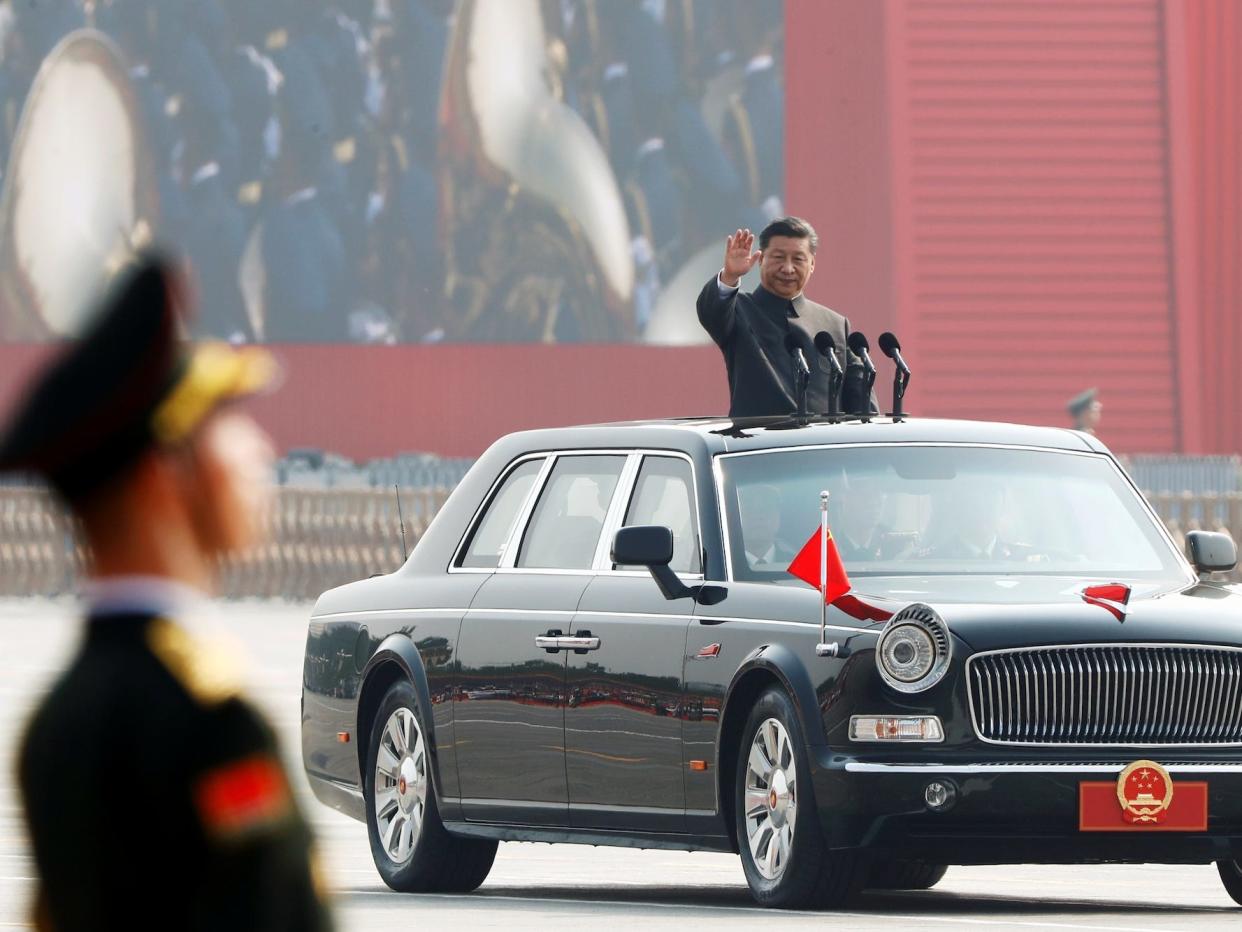Xi Wants the World to Know China's Military is Totally Loyal Despite the Purges
In a recent address, Chinese President Xi Jinping underscored the paramount importance of the Communist Party's leadership over the military, aiming to reassure both domestic and international audiences of his control amidst a backdrop of significant military purges. This article delves into Xi's assertions, the implications of recent purges, and the broader context of military loyalty in China.
The Primacy of the Communist Party
Xi's speech to the Central Military Commission (CMC) emphasized that the military's allegiance lies firmly with the Communist Party. He articulated the necessity of maintaining the Party's absolute authority over military operations, stating, "Political work is always the lifeline of the country's military." This declaration serves as a reminder of the Party's overarching influence, particularly in light of recent leadership changes within the People's Liberation Army (PLA).
Recent Purges and Military Readiness
The backdrop of Xi's speech is marked by a series of purges targeting high-ranking military officials, many of whom have been implicated in corruption scandals. These actions have raised questions about the military's readiness and the potential for dissent within its ranks. Analysts suggest that such purges, while aimed at consolidating power, may inadvertently signal vulnerabilities in Xi's leadership.
Political scientist Shanshan Mei noted that the perception of instability within the PLA could lead to concerns about Xi's authority. "If I were Xi, I would be concerned about the perception that massive shakeups of the PLA may have led to the outside world thinking that I am vulnerable," she remarked. This sentiment reflects a broader anxiety regarding the military's cohesion and loyalty to the Party.
Projecting Strength Amidst Doubts
Despite the turmoil, Xi's rhetoric seeks to project an image of unity and strength. The state-controlled Global Times reported on Xi's insistence that the military must be led by individuals who are "reliable and loyal to the Party." This narrative aims to counter any implications of discord between the military and the political leadership, particularly as China seeks to assert its military prowess on the global stage.
However, the contrast between the English-language coverage and domestic narratives raises questions about the true state of military loyalty. While Global Times highlighted the need for political loyalty, official Chinese media presented a more subdued account, suggesting a strategic effort to manage perceptions both at home and abroad.
The Challenge of Political Control
The relationship between the Communist Party and the military is complex, particularly in authoritarian regimes where the military serves as both a protector of the regime and a potential threat. Xi's emphasis on political indoctrination within the military reflects a historical understanding of the need for political commissars to oversee military operations. Yet, this dual command structure can lead to inefficiencies and confusion, as seen in past military conflicts.
Xi's concerns extend beyond military leadership to societal issues, particularly among younger generations. He perceives a decline in patriotic fervor, attributing it to a cultural shift towards individualism and leisure. This perception poses a challenge for Xi, who believes that a strong military requires not only capable leaders but also a populace willing to sacrifice for the nation.
Conclusion
Xi Jinping's recent speech serves as a clarion call for loyalty within the military, reinforcing the Communist Party's dominance in a time of uncertainty. While the purges may be intended to strengthen control, they also highlight the delicate balance between political authority and military effectiveness. As China navigates its ambitions on the world stage, the question remains: can Xi maintain the loyalty of the PLA while addressing the underlying issues that threaten its cohesion? The answer may shape the future of China's military and its role in global affairs.
